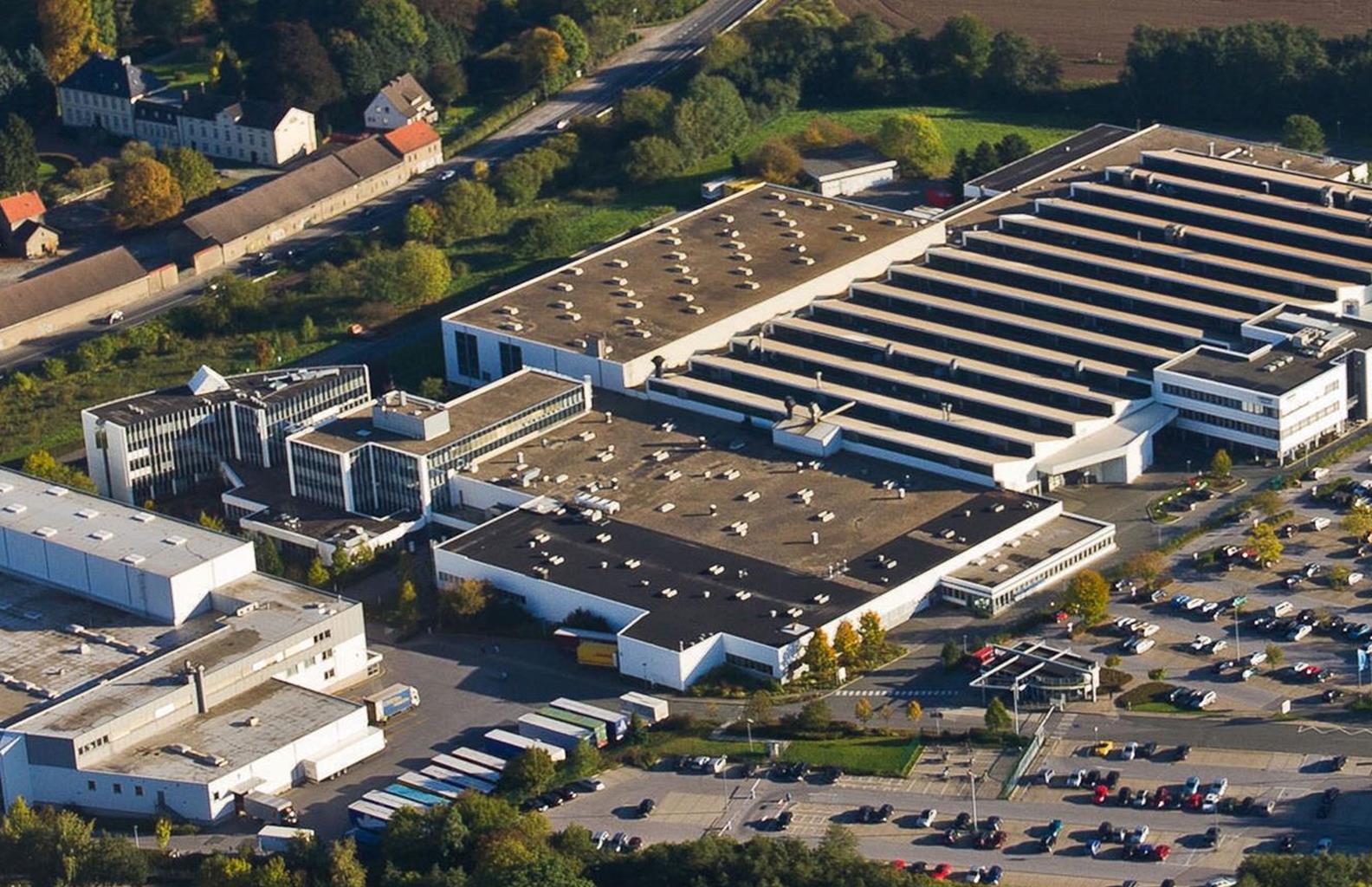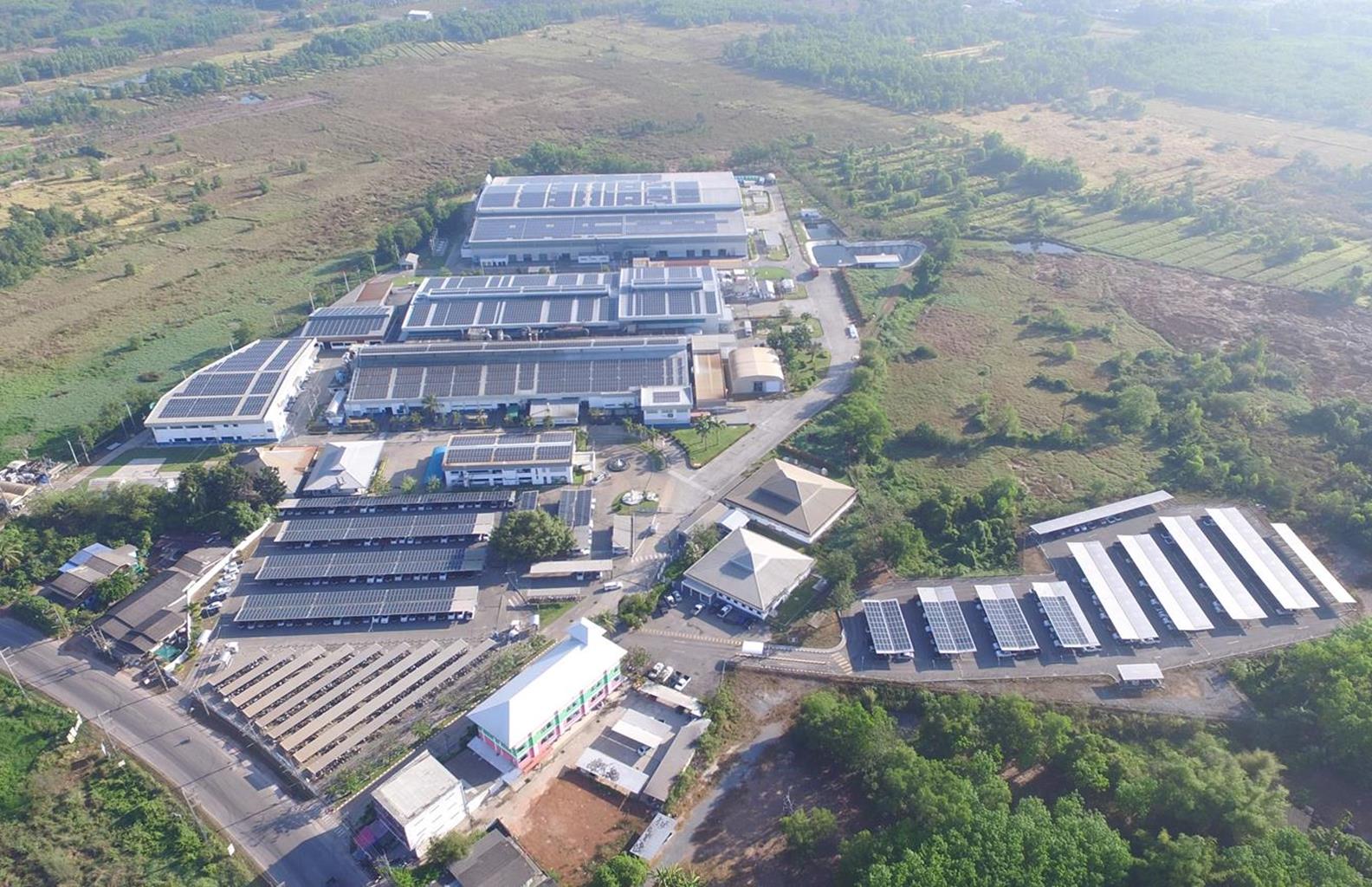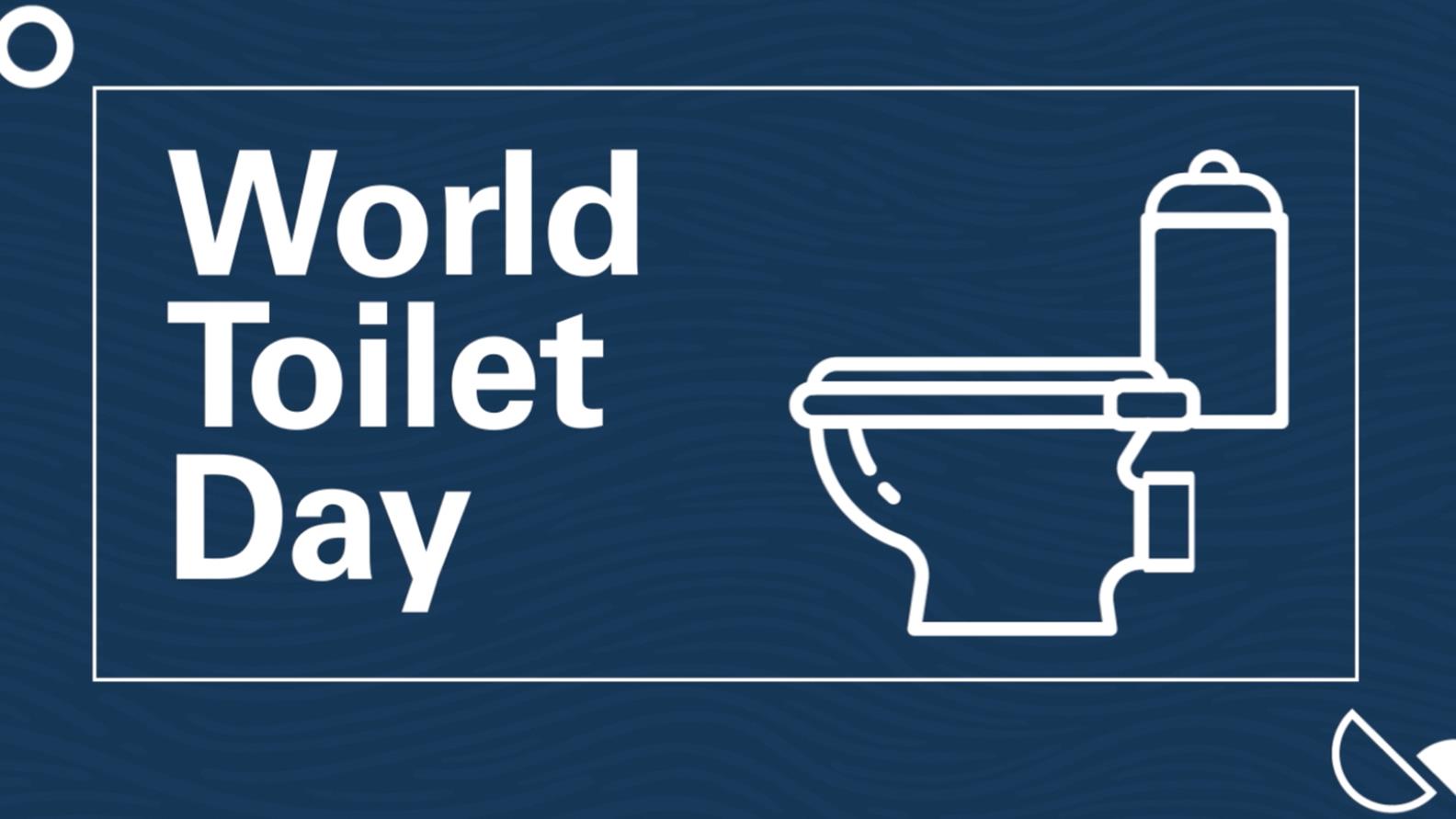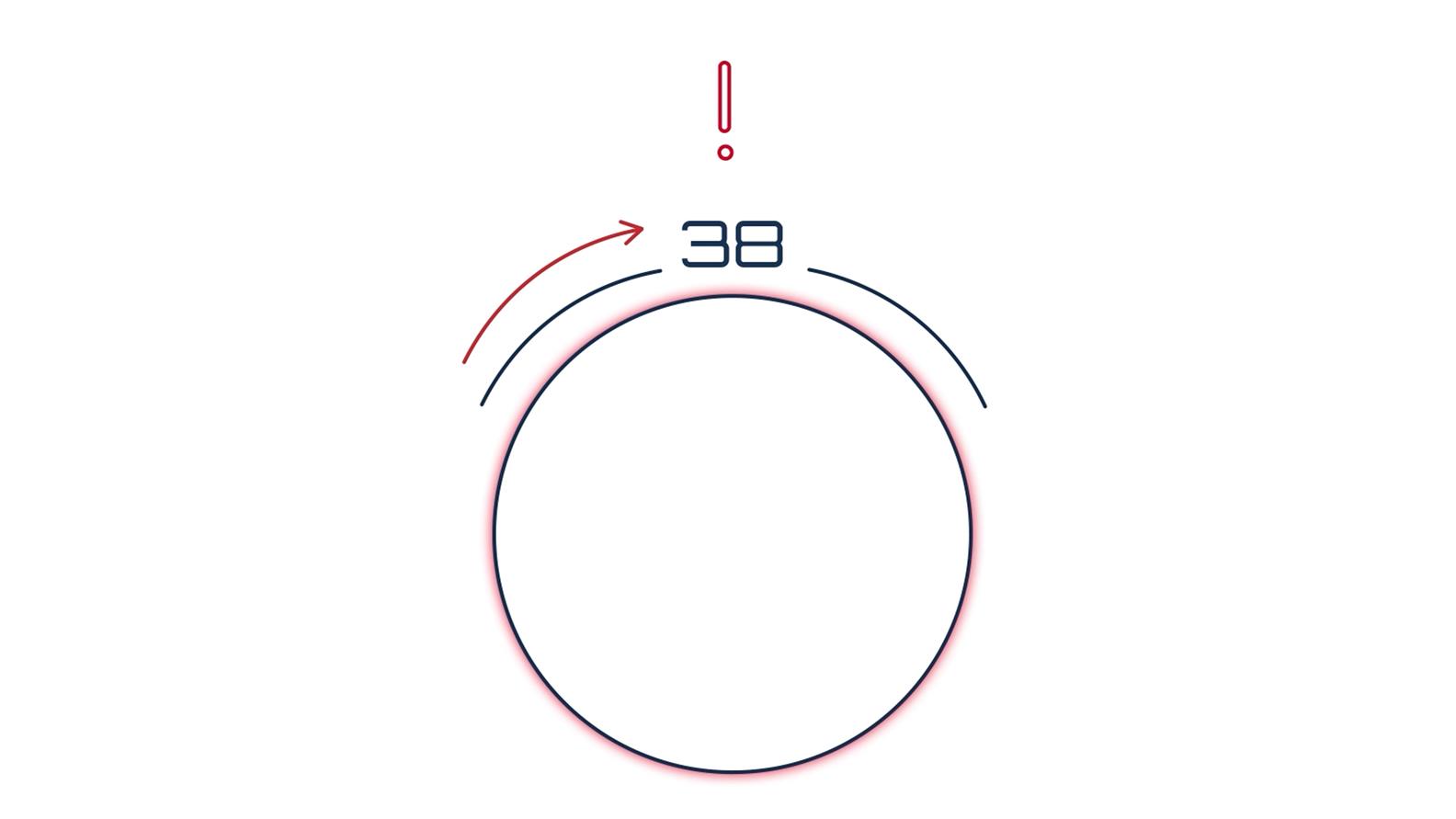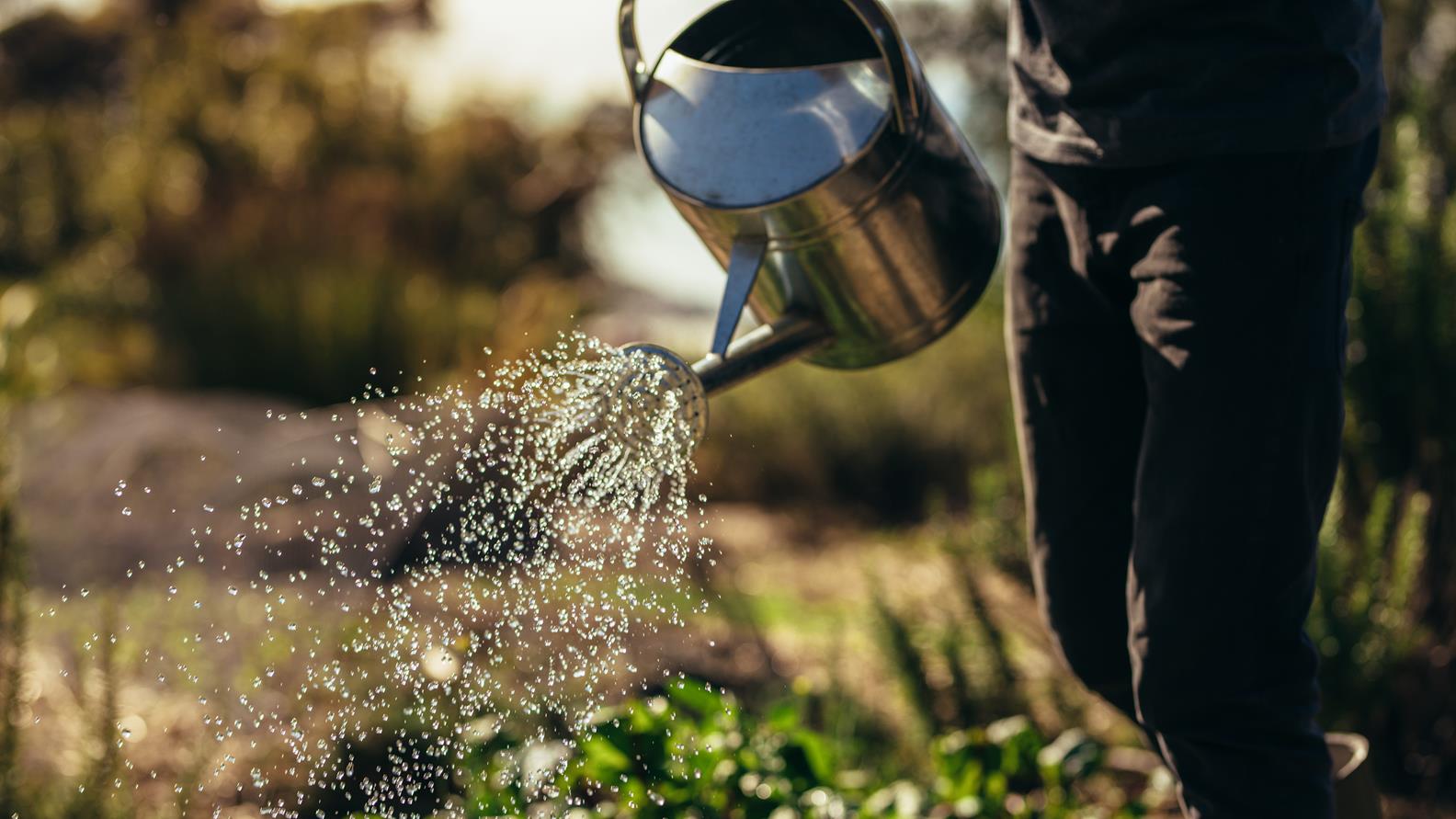Did You Know?
European attitudes towards sustainability: YouGov survey on behalf of GROHE gives insights
The topic of sustainability recently gained increased attention due to the UN Climate Change Conference 2021 (also known as COP26) which took place from October 31st to November 12th in Glasgow, Scotland. As a brand that has been pursuing sustainable action for decades, climate and environmental issues are of central importance to GROHE. Therefore, in the run-up to the conference, the brand assigned YouGov with a representative survey in seven European countries – assessing European attitudes towards sustainability in politics, but also everyday life. Overall, more than 7,000 participants from Germany, Italy, the United Kingdom, the Netherlands, France, Denmark and Russia took part.
What are some of the key findings?
What are the attitudes of Europeans towards the climate crisis? How satisfied are people with the climate and environmental policy in their country? What is sustainability worth to them? Those were the main questions, which GROHE’s survey elaborated on. It showed that 56 percent of all respondents were aware of the UN Climate Change Conference 2021 taking place. When it comes to the climate and environmental policy in their respective countries, the majority of respondents (57 percent) were dissatisfied. Opinions differed when it came to the 1.5-degree target of the Paris Agreement from 2015: 47 percent of respondents are certain that it will not be met.

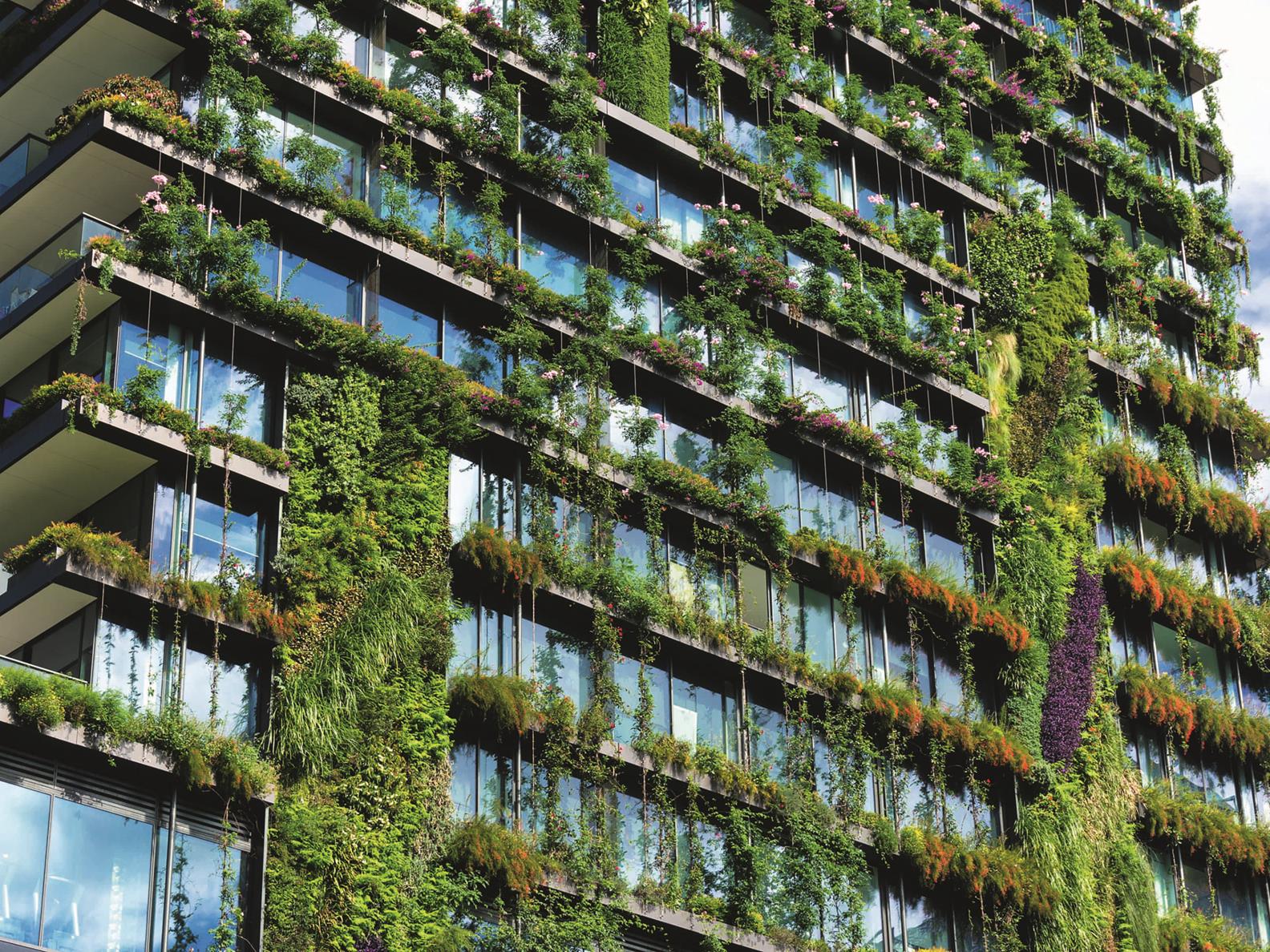
What is the average attitude towards buying sustainable products?
What is more important when it comes to buying a product? Does it have to be sustainable or does the price beat other product characteristics in the end? According to the survey, 53 percent of the respondents said the price of a product was important while 32 percent pay more attention to sustainability. When looking at characteristics a new product should have, the main purchasing reasons are saving plastic (54 percent), saving waste (53 percent) and saving energy (51 percent) – all in all features that contribute to a more conscious product consumption.
Different countries, different customs: What were the biggest cultural differences when it comes to attitudes towards sustainability?
The study found out that Danes have the highest awareness of saving CO2 emissions during the purchasing process. In Russia, climate issues are much more important to people living in rural areas than to urbanites. While the Germans pay the most attention to avoiding waste and plastic waste, the French are the ones who pay the most attention to a product’s sustainability when making purchasing decisions. Regarding the 1.5 degree target, the Brits together with the French and the Dutch are the most pessimistic that it can still be achieved. Looking at their own national climate policy, Italians are the most dissatisfied. Answering the question of who is seen to have the greatest influence in sustainability transformation, the Dutch are most convinced that companies have a duty here.
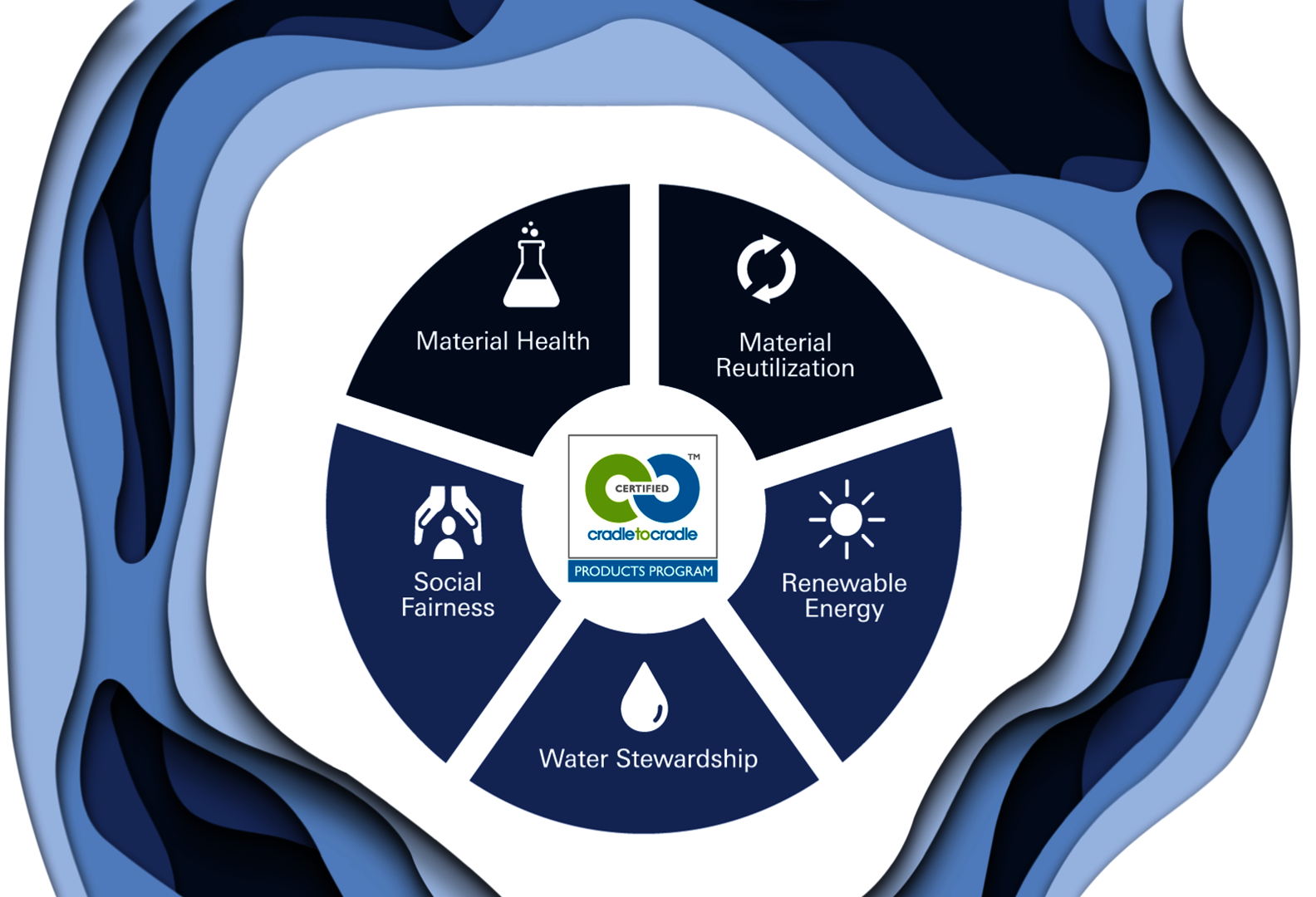
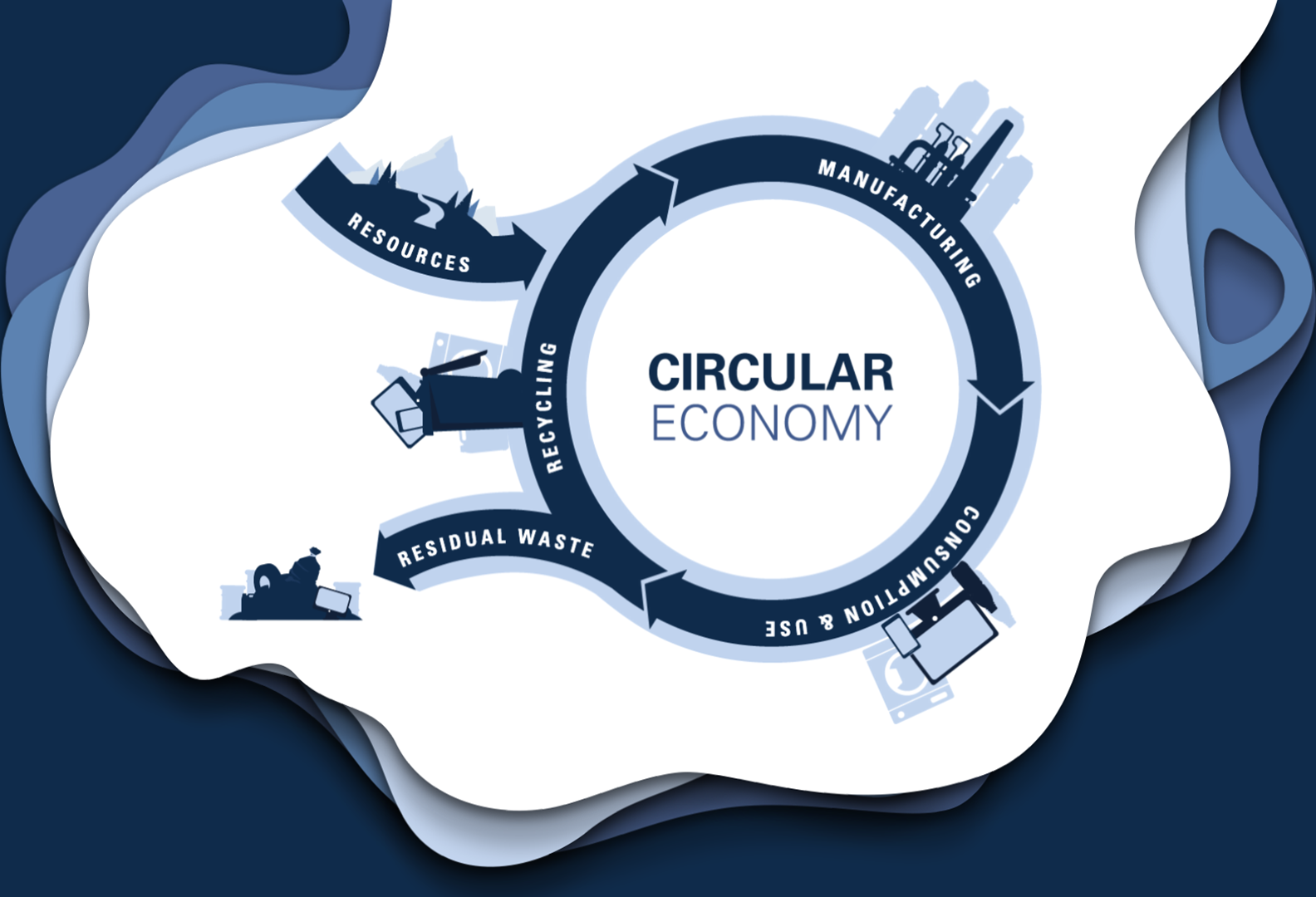
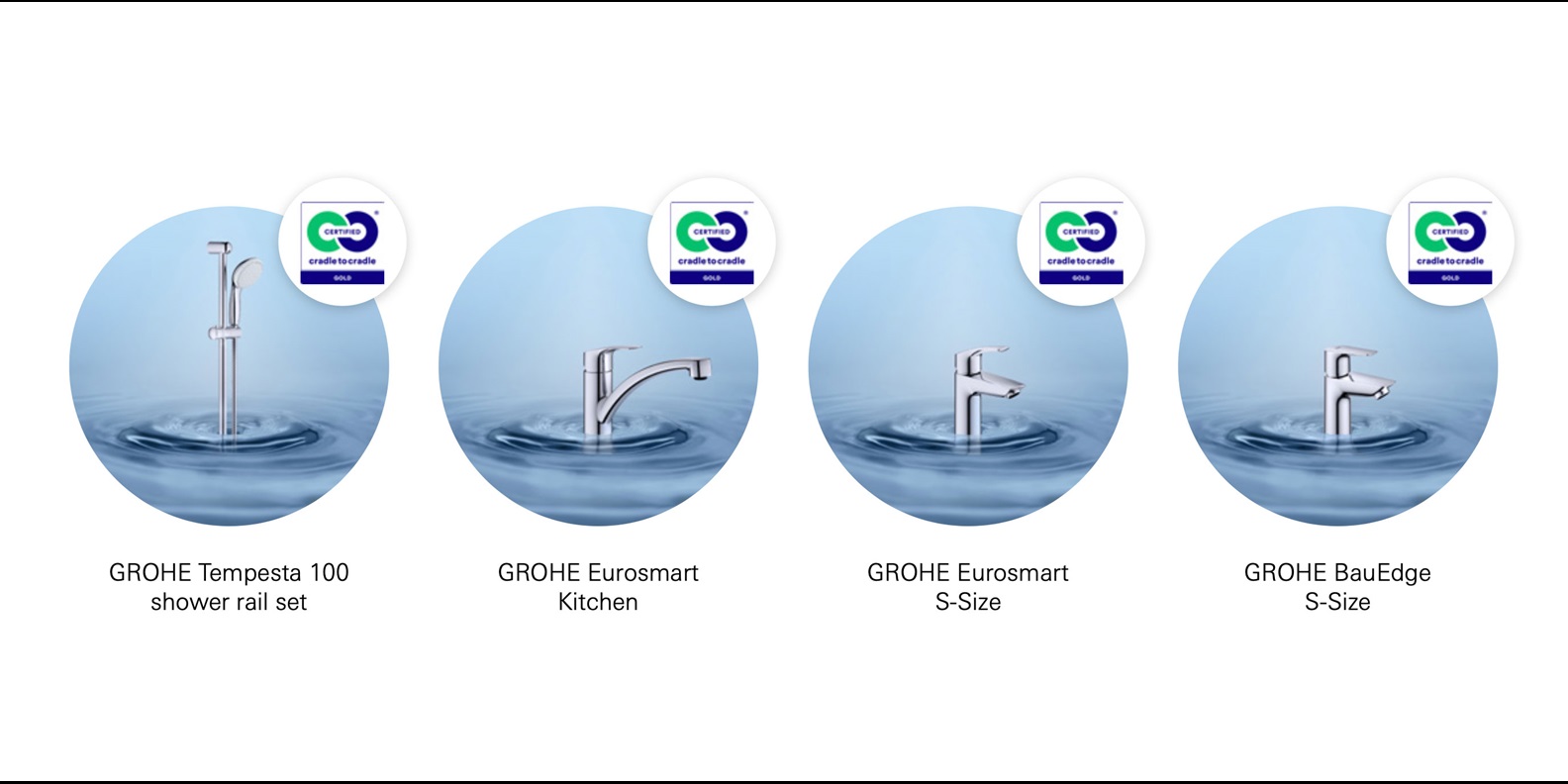
Which are the most important drivers in the transformation towards greater sustainability?
According to the respondents, the most important drivers in the transformation towards greater sustainability are government regulations (37 percent), the actions of companies (27 percent) and their own individual actions (21 percent). Looking at the aspect of companies’ actions, GROHE as well as LIXIL have been proactive drivers in the context of sustainable action for many years already. GROHE has been committed to sustainability since 2000. The LIXIL brand laid the foundation for a climate-neutral and resource-saving circular economy in its entire value chain early on. The brand takes this circular process into account with innovations such as Cradle-to-Cradle-Certified® products that use materials but do not consume them. Companies are important drivers in the transformation to a regenerative future and – as the survey results show – are also perceived as such.
What is GROHE doing next?
With the findings of the YouGov survey in mind, GROHE is full of drive to extend CO2 neutrality to its own supply chain and eliminate single-use plastic altogether. While GROHE has already been producing in a CO2-neutral manner since 2020, the brand is continuing to reduce its carbon footprint in the future. For example, a new solar park at GROHE’s production site in Hemer is currently being built. In addition to that, GROHE has eliminated 34 million plastic packages so far and is on track to reach its goal of eliminating plastic from all its product packaging in spring 2022.
